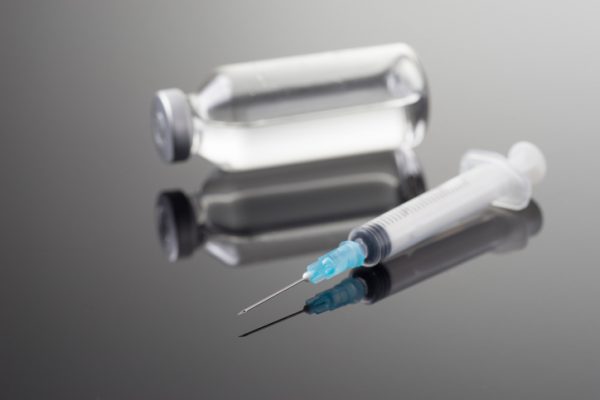
News reports emerged over the weekend that the Trump administration attempted to poach scientists working for a German biotech firm in order to obtain exclusive rights to a potential vaccine against the Covid-19 virus. However, the company itself has denied them.
Welt am Sonntag, the Sunday edition of German newspaper Die Welt, reported Sunday that President Donald Trump had offered a large sum of money – rumored to amount to $1 billion – in an effort to lure scientists working for the Tübingen, Germany-based company CureVac to the U.S. so they could continue their work here. It was reported that would mean the U.S. would have exclusive rights to the vaccine. The company is working with Germany’s federally funded Paul Ehrlich Institute on the vaccine against the coronavirus, known as SARS-CoV-2.
The Washington Post reported later Sunday that German officials would discuss the report in crisis meetings Monday, quoting Interior Minister Horst Seehofer as saying that he had heard from several members of the government that the Trump administration had sought to secure rights to the vaccine. Nevertheless, Richard Grenell, the U.S. ambassador to Germany and acting director of national intelligence, tweeted that the Welt am Sonntag story was not true.
Meanwhile, CureVac issued a statement Sunday saying that it “rejects current rumors of an acquisition” and emphasizing that it focuses on developing an “mRNA-based coronavirus vaccine to protect people worldwide.” In a tweet Monday, the company implicitly denied the Welt am Sonntag report as well.
“To make it clear again on coronavirus: CureVac has not received from the U.S. government or related entities an offer before, during and since the Task Force meeting in the White House on March 2,” the tweet read. “CureVac rejects all allegations from the press.”
The company also said Monday that its CEO, Ingmar Hoerr, would take a temporary medical leave of absence, but that it was not due to coronavirus.

Reducing Clinical and Staff Burnout with AI Automation
As technology advances, AI-powered tools will increasingly reduce the administrative burdens on healthcare providers.
Other companies have also been involved in developing potential vaccines against the novel coronavirus. Moderna, based in Cambridge, Massachusetts, said Monday it had dosed the first participant in the National Institutes of Health-led Phase I clinical trial of mRNA-1273, its investigational vaccine against SARS-CoV-2, which as of Monday afternoon had infected more than 179,000 people worldwide – up by nearly 10,000 from the day before.
Photo: Esben_H, Getty Images










